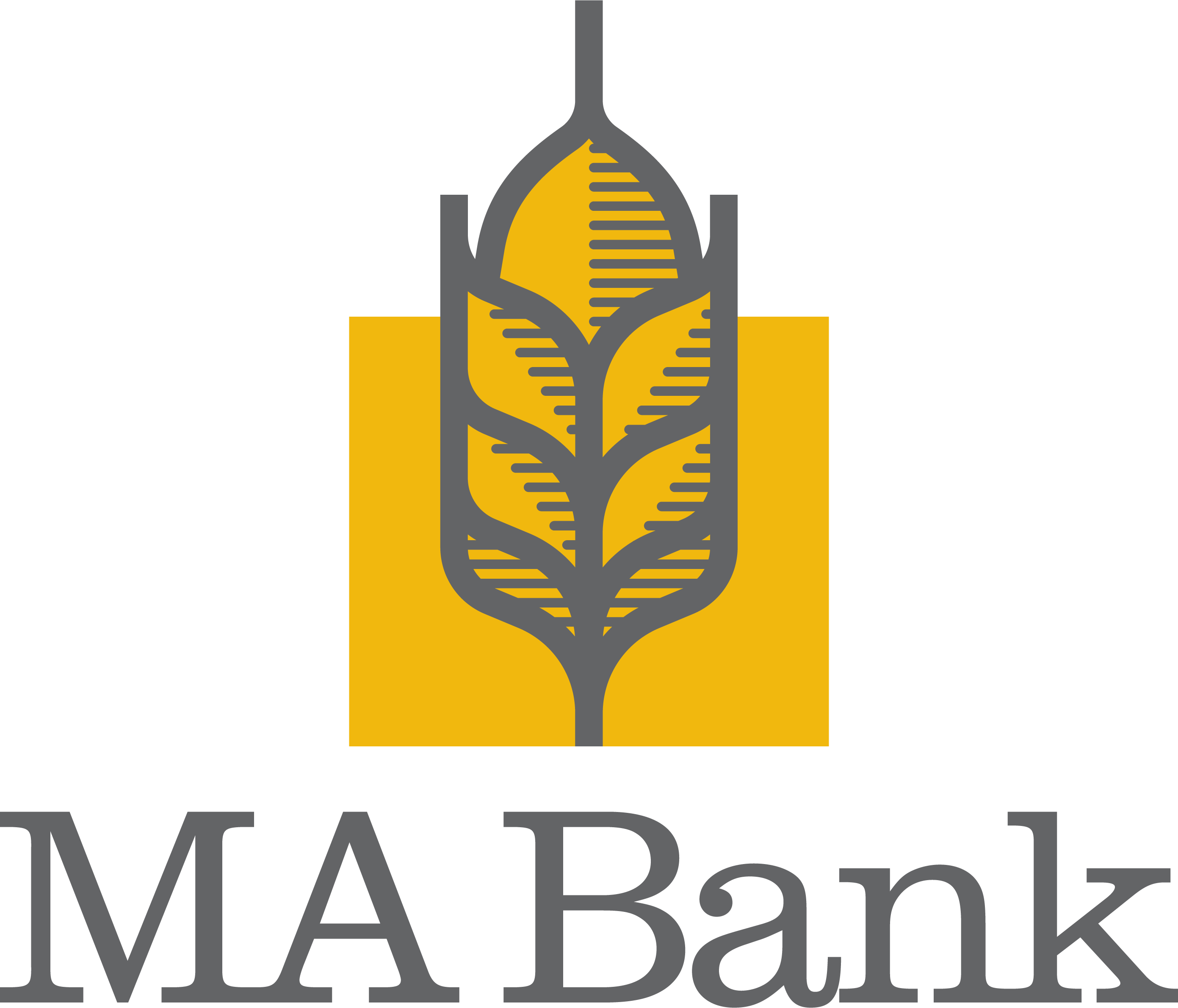Online Security Resources
Email Safety
Email is a wonderful communication tool. It's quick, easy and inexpensive, but it is also a way criminals can try to gain access to your personal identification and information. One way this is done is through Phishing emails. These emails try to trick you into sharing your confidential information. Estimations show billions of dollars of financial loss due to phishing emails.
How to avoid phishing scams:
- Don't trust email addresses – especially if you don't know the sender. Verify the sender before sharing or opening any attachments or clicking on links within the email.
- Make sure you have a strong password on your email account. A strong password has upper and lower case letters, numbers and special characters.
- Avoid filling out forms in email messages. Contact the company cited in the email using a telephone number or by visiting the official Web site.
- Avoid clicking on links in a suspicious email message. Instead, confirm the validity of all requests for confidential personal, financial or account information, particularly if they are made with an urgent or threatening tone.
- Never send your personal information via an unsecured email or web page. Always check to see if there is an 's' after the http in the address bar and a padlock symbol at the bottom of the screen. Remember, legitimate companies will never ask you to send confidential information via email.
- Always sign off from web sites (such as online banking).
- Make sure the security features of your computer software, including your Web browser, are up-to-date. Software companies provide security updates to their products on an ongoing basis so make sure you are receiving them and updating your computer.
Identity Safety
No one wants to have their identity stolen! There are two main types of theft to be concerned about when it comes to protecting your credit and personal information. The first one is "credit theft" or "credit fraud" and the second is "identity theft."
Credit theft -- which may also be referred to as credit fraud -- is when a criminal makes purchases on accounts that you have previously established. The criminal will steal one of your credit card numbers and use it to make purchases. You will most likely find out that you were a victim of credit theft when you review your credit card statement and find unauthorized charges. As soon as you notice the unauthorized charge, call your credit card company to dispute the charge and have your account number changed immediately. If you are an MA Bank debit card/MasterCard customer and your card has been lost or stolen, call (800) 748-7365 immediately.
Identity theft is when a criminal uses your personal information to open new accounts. In the case of identity theft, the criminal will obtain personal information about you and use that information to secure credit as though they were you. They will open credit card accounts, take out car loans and home equity loans in your name, leaving you responsible for the bills.
Let us help you protect your identity. We offer ID Protect Identity Theft Protection as part of our SecurePoint and SmartPoint checking accounts. One of the most important things in life is your identity.
Internet Shopping Safety
Isn't technology great! Shopping is so easy with the help of the Internet. With just a few clicks of the mouse you can be making purchases at almost any store in minutes. Below are a list of recommendations we have for you to help you to keep your online shopping safe and secure:
Shop only at Internet merchants you know and trust; if in doubt, check with the Better Business Bureau.
Beware of e-mails offering astounding prices on popular toys, software or other gifts; if the offer sounds too good to be true, it probably is.
If you receive an unsolicited e-mail from an Internet merchant, do not click on the links within it. Instead, locate the merchant's web site address through a reputable search engine or type the known address.
Check Internet merchants' refund policies; some merchants set a deadline for returns or charge a fee to accept return merchandise.
Never share your passwords with anyone and use different passwords for different web sites.
Do not provide your Social Security number, birth date or mother's maiden name in an e-mail or within a web site.
Ensure your computer has the latest anti-virus software installed before doing any online shopping.
Always print and save the confirmation page when completing an online purchase.
Always check your credit card and bank statements for suspicious activity.
Online Banking Safety
Congratulations! You are one of the thousands who enjoy the convenience of online banking. It's an easy and efficient way to manage your finances. Did you know by checking your balance and account details online, you are decreasing your chances of identity fraud? Following are some simple steps to further safeguard your online transactions.
- Maintain a strong password. At MA Bank, we require that your online banking password contain 6-8 alpha/numeric characters. Remember, MA Bank will never ask for your account login information via e-mail or phone.
- Bookmark MA Bank's correct web address, https://www.mabank.com. Use this to login to our site each time. Never use links in e-mails to login to financial Web sites.
- Download updates for antivirus and other software. By regularly doing this, your computer and network will be better protected from computer viruses and hackers.
- Verify the security of the web page. Check to make sure the URL begins with "https."
You can feel confident knowing that MA Bank safeguards your Internet transactions with the most up-to-date security features available, including:
- Multifactor Authentication – If we don't recognize your computer, you will be prompted to answer security questions.
- Password-protected – MA Bank requires a user ID and a password when you log onto MA Bank Online or MA Bank Mobile. This prevents others from accessing your information.
- Firewalls – Blocking techniques used to stop outsiders from hacking into our system.
- Internal Training – Our employees are held to strict standards to protect your private information.
Trojan Horse Viruses
A Trojan horse is an email that contains a malicious code pretending to be a harmless program. They encourage victims, with persuasive language, to open attachments and click on a link. Once opened or clicked, the "Trojan horse" infects your computer.
Use the following guidelines to protect your computer against these vicious viruses:
- Install virus protection software and keep it up-to-date. Most current anti-virus software programs do a good job protecting against known viruses.
- Delete and/or do not open e-mails from unknown senders.
- Be cautious when opening attachments – even from a familiar source. Contact the sender to verify they sent the email.
- Be suspicious of e-mails that instruct you to click on a link – many times the simple click can lead to installing a computer virus or take you to an unsafe web site.
Remember to keep information safe. Once a virus has taken over your computer, the information you entered could be stolen and compromised, including email addresses, bank accounts and credit card numbers. Keeping information safe has never been as important as it is today.
Security News
Log in and help yourself to some security information...
Technology is a growing part of our ever changing world. Along with that technology comes the importance of online security. MA Bank wants to make every effort to help keep you and your online information as safe as possible. As part of that effort MA Bank will keep this page up to date with recent information, articles and news to help you with your online security. Please check this page often for updates!
Information Updates & News
- "Securing your Web Browser?
- Get valuable information about keeping you and your family safe online.
- Have you ever wondered if you're at risk for online fraud? Take this quiz to find out your risk score and what you can do to minimize it.
- Phishers are notorious for targeting financial institutions but now have their sights on online retailers and social networking sites. Why would a fraudster target them? Find out more in this report.
- Email Account Takeover to Identify Takeover
If you suspect fraud…
If you suspect your identity or your personal information has been compromised, please contact MA Bank immediately at 660-385-3161. You may also want to contact your local law enforcement offices and all three credit bureaus.


